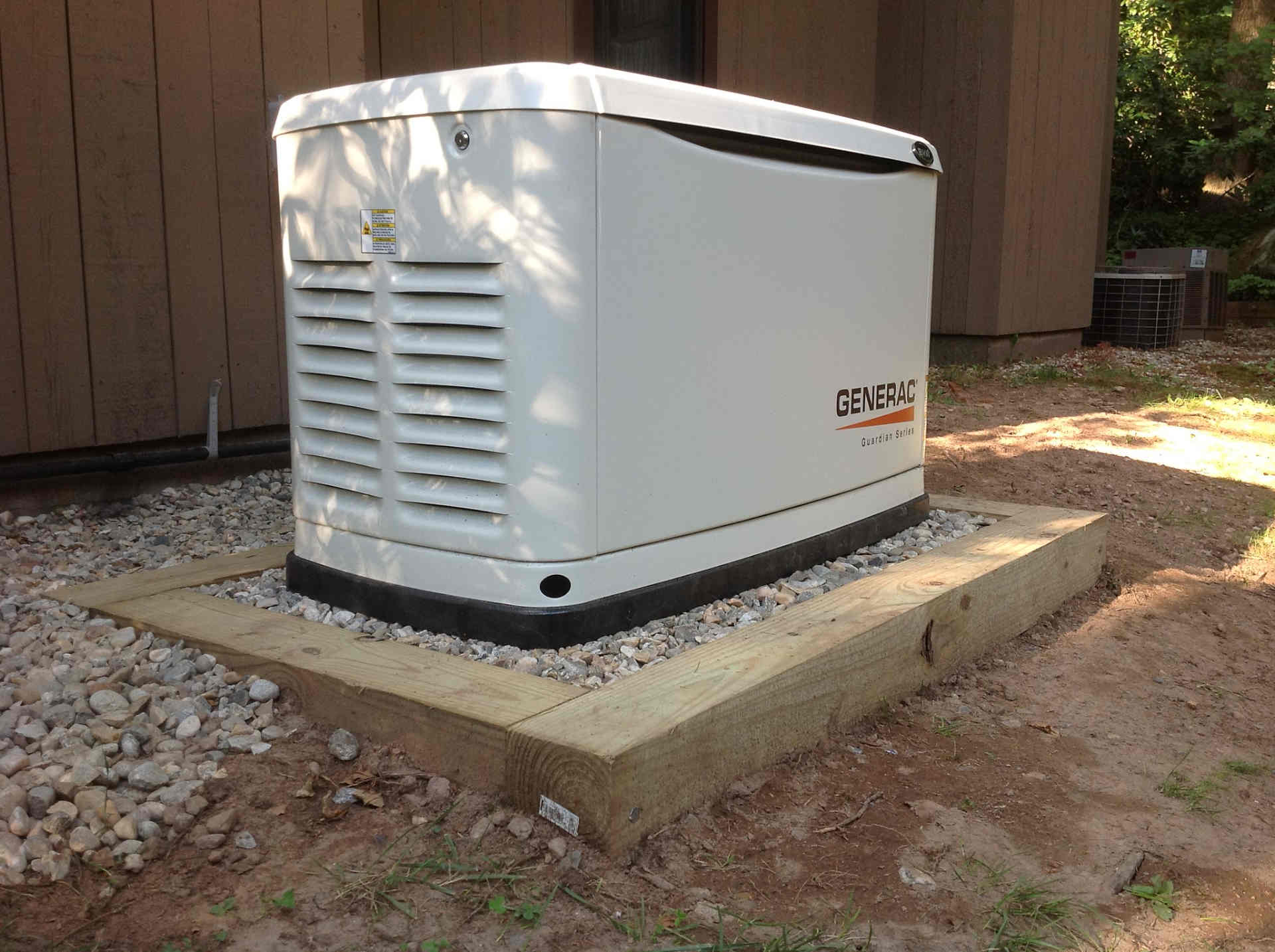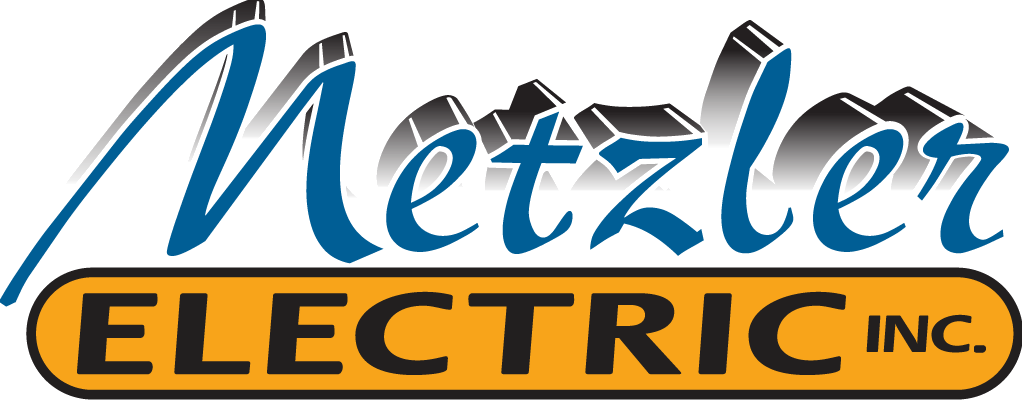Installing a generator is a complex and potentially dangerous task that should always be handled by a professional electrician. Here’s why:
Safety is Paramount
Electrical Hazards: Generators deal with high voltage electricity. Improper wiring can lead to electrical shocks, electrocution, short circuits, and even fires. Professional electricians are trained to handle these systems safely, using the right tools and following strict safety protocols.

Carbon Monoxide Poisoning: Generators produce carbon monoxide (CO), a colorless, odorless, and deadly gas. Improper placement or ventilation can cause CO to enter your home, leading to severe illness or death. Electricians ensure the generator is installed in a well-ventilated area, at a safe distance from your home’s windows, doors, and vents. They also often recommend installing carbon monoxide alarms.
Fuel Handling: Generators use flammable fuels like gasoline, propane, or natural gas. Improper storage or refueling can lead to fires or explosions. Professionals understand the safety precautions for fuel handling and storage.
Compliance with Codes and Regulations
Local Building and Electrical Codes: Generator installation is subject to strict local building and electrical codes. Professionals are familiar with these regulations and ensure your system meets all requirements, helping you avoid fines, complications during inspections, and potential liabilities.
Transfer Switch Requirements: For standby generators that connect to your home’s electrical system, a proper transfer switch is essential. This device safely disconnects your home from the utility grid before the generator powers your home, preventing “backfeeding.” Backfeeding sends electricity back into the utility lines, which can electrocute utility workers or neighbors. Professional electricians ensure the transfer switch is installed correctly and in compliance with the National Electrical Code.
Proper Sizing and Placement
Energy Needs Assessment: An electrician will assess your home’s energy needs to recommend the right size and type of generator. An undersized generator won’t power all your essential appliances, while an oversized one is an unnecessary expense and less efficient.
Optimal Placement: Professionals determine the best location for the generator, considering factors like ventilation, noise levels, proximity to the electrical panel, and local zoning ordinances.
Long-Term Reliability and Efficiency
Correct Wiring and Connections: Professional installation ensures all electrical connections are secure, the wiring is correctly integrated into your existing system, and the generator is properly grounded. This reduces the risk of electrical faults and ensures efficient operation.
Warranty Protection: Many generator manufacturers require professional installation to honor warranties. Hiring certified installers protects your investment and ensures any issues are covered under warranty.
Preventing Costly Mistakes: DIY installation often leads to expensive repairs or a reduced lifespan for your generator due to incorrect wiring, improper connections, or damage during the process. Professionals minimize these risks.
Ongoing Support and Maintenance: Many electricians offer maintenance plans and can provide ongoing support to keep your generator in top condition, spotting potential issues before they become serious problems.
Peace of Mind
Knowing that your generator is installed correctly and safely by a qualified professional provides invaluable peace of mind, especially during severe weather events or emergencies. You can be confident that your backup power source will work when you need it most.
In summary, while a DIY approach might seem to save money upfront, the significant safety risks, potential for costly damage, and non-compliance with regulations make professional generator installation the only sensible choice.
